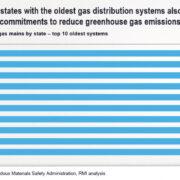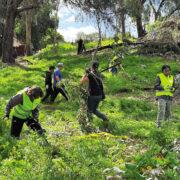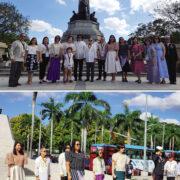IN this week’s column, we will address T nonimmigrant status, commonly known as the “T Visa.” This temporary immigration status may be available to human trafficking victims who are willing to assist law enforcement in the investigation or prosecution of their traffickers.
Human trafficking is a form of modern-day slavery, in which traffickers may lure individuals with false promises of employment and a better life. For example, an agency in the Philippines may have promised the victim employment in California earning $2,000 a month. However, once the victim arrives in California, the employer pays her $400 a month and makes threats to have her deported and that she and her family will suffer harm if she stops working for the employer. Generally, immigrant communities tend to be vulnerable to human trafficking due to a variety of factors, including language barriers, separation from family and friends, lack of understanding of U.S. laws, fear of deportation, and cultural differences.
It is very important to remember that the information below is not a substitute for legal advice. Assessing T visa eligibility and procedural requirements as well as the current risks to applying for a particular individual can be complex, so it is critical that you consult with an experienced, trustworthy immigration attorney before proceeding with any application.
The T visa is a form of immigration relief allowing victims of human trafficking and qualifying family members to remain and work temporarily in the United States. The T Visa also eventually creates a path to obtain a green card.
The basic requirements for a T visa are:
1. You are or were a victim of a severe form of trafficking in persons (which may include sex or labor trafficking), as defined by federal law;
2. You are physically present in the U.S. or at U.S. port of entry on account of trafficking;
3. You have complied with any reasonable requests from a law enforcement agency for assistance in the investigation or prosecution against your traffickers; and
4. You would suffer extreme hardship involving unusual and severe harm if removed from the United States.
The U.S. Citizenship and Immigration Services will review the victim’s application, which includes Form I-914 as well as the Form I-914B or other evidence of the victim’s cooperation, the victim’s declaration, and other supporting evidence. Supporting evidence may include court documents, witness affidavits, medical reports, and any other credible evidence to show that the victim meets eligibility requirements.
In addition, in California, trafficking survivors who are taking steps to pursue a T visa may be eligible for benefits, including eight months of case assistance, Medi-Cal and food stamps. Also, the T visa allows eligible victims to temporarily remain and work in the U.S., generally for four years. If certain conditions are met, an individual with T nonimmigrant status may apply for a green card after three years in the United States, or upon completion of the investigation or prosecution, whichever occurs earlier.
If you have questions about your situation or need legal assistance, please contact Advancing Justice – L.A.’s Tagalog helpline at 855-300-2552.
* * *
Asian Americans Advancing Justice – Los Angeles (Advancing Justice – LA) is the nation’s largest legal and civil rights organization for Asian Americans, Native Hawaiians, and Pacific Islanders (NHPI). Founded in 1983 as the Asian Pacific American Legal Center, Advancing Justice – LA serves more than 15,000 individuals and organizations every year. Through direct services, impact litigation, policy advocacy, leadership development, and capacity building, Advancing Justice – LA focuses on the most vulnerable members of Asian American and NHPI communities while also building a strong voice for civil rights and social justice. For more information, please visit https://www.advancingjustice-la.org/.







